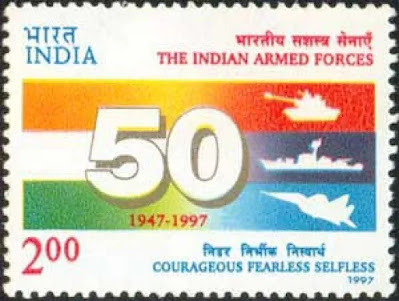John Lennon (1940-1980) was a highly influential English musician, singer, and songwriter who rose to international fame as one of the founding members of The Beatles, one of the most successful and critically acclaimed bands in the history of popular music. Born on 09 October 1940, in Liverpool, England, Lennon became a key figure in the cultural and musical revolution of the 1960s.
The Beatles, formed in 1960, achieved unprecedented success with numerous hit songs and albums that continue to be celebrated today. Some of their most famous albums include "Sgt. Pepper's Lonely Hearts Club Band" and "Abbey Road." Lennon, along with bandmate Paul McCartney, co-wrote many of The Beatles' most iconic songs.
In addition to his contributions to The Beatles, John Lennon had a successful solo career after the band's breakup in 1970. Some of his notable solo works include the albums "John Lennon/Plastic Ono Band" and "Imagine." The song "Imagine" is particularly famous for its vision of world peace and has become an anthem for hope.
Apart from his musical career, Lennon was known for his activism and outspoken views on peace and political issues. He and his wife, Yoko Ono, were involved in various peace campaigns, including the famous "Bed-Ins for Peace." Lennon's commitment to peace and his anti-war stance are reflected in many of his songs and public statements.
Tragically, John Lennon's life was cut short when he was shot and killed by a fan, Mark David Chapman, outside his apartment building in New York City on 08 December 1980.








